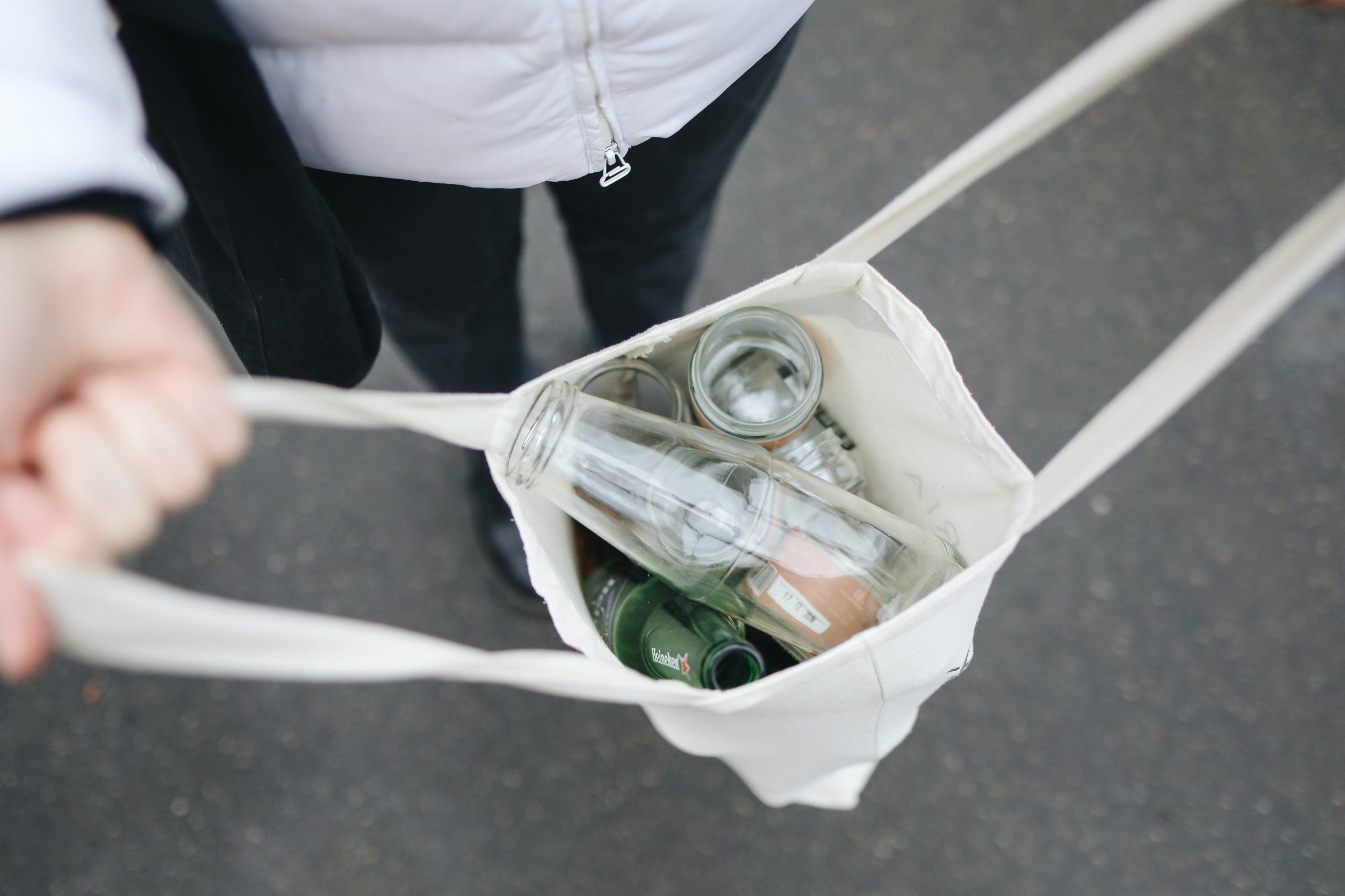Building Recyclers Wellington: An Innovative Solution for a Sustainable Future

In today’s world, sustainability has become a key aspect in every decision we make. The effects of climate change are evident, and we must take action to mitigate its impact. One of the ways to reduce our carbon footprint is by building recyclers. In this article, we will explore what building recyclers are, their benefits, and their implementation in New Zealand, with a focus on Wellington.
What are building recyclers?
Building recyclers are innovative systems that bring waste sorting and circularity to a new level by collecting and recycling materials from demolished buildings. Instead of disposing of these materials in a landfill, building recyclers extract materials such as steel, concrete, and wood, which can then be repurposed for new construction projects. This method reduces waste and promotes a circular economy, where materials are reused rather than discarded.
Benefits of building recyclers
Building recyclers offer numerous benefits for the climate and sustainability. Firstly, the construction industry is a significant contributor to greenhouse gas emissions, and building recyclers can help reduce this impact. By reusing materials, we can reduce the need to extract and produce new materials, which require a lot of energy and resources. Additionally, the reduced waste means less landfill space is required, which can help to reduce methane emissions. Building recyclers also support the creation of local jobs, as the process requires skilled workers to extract and process materials.
Implementation of building recyclers Wellington
New Zealand has made significant efforts to promote sustainability and reduce its carbon footprint. Building recyclers are a key part of this effort, and they have been implemented in various parts of the country. Wellington, in particular, has been at the forefront of sustainable construction practices. The Wellington City Council has launched initiatives to promote sustainable building practices, including building recyclers. The council aims to achieve a zero-waste city by 2040, and building recyclers are a critical part of this plan.
One example of a building recycler in Wellington is the well-named The Building Recyclers in Wellington. The family-run company collects materials from demolished buildings, sorts and processes them, and sells them in good condition to companies and private homes. This process not only reduces waste but also provides materials for new construction projects, thus supporting a circular economy. For example, customers can find beautiful glazed windows and doors for a unique and climate friendly renovation.
Conclusion
In conclusion, building recyclers are an innovative and sustainable solution for reducing waste and greenhouse gas emissions in the construction industry. They have numerous benefits, including reduced waste, reduced carbon footprint, and job creation. New Zealand has made significant progress in implementing building recyclers, and Wellington has been a leader in this effort. Building recyclers offer a promising future for sustainable construction practices and a circular economy. By supporting the implementation of building recyclers, we can create a more sustainable and resilient future for our communities.
